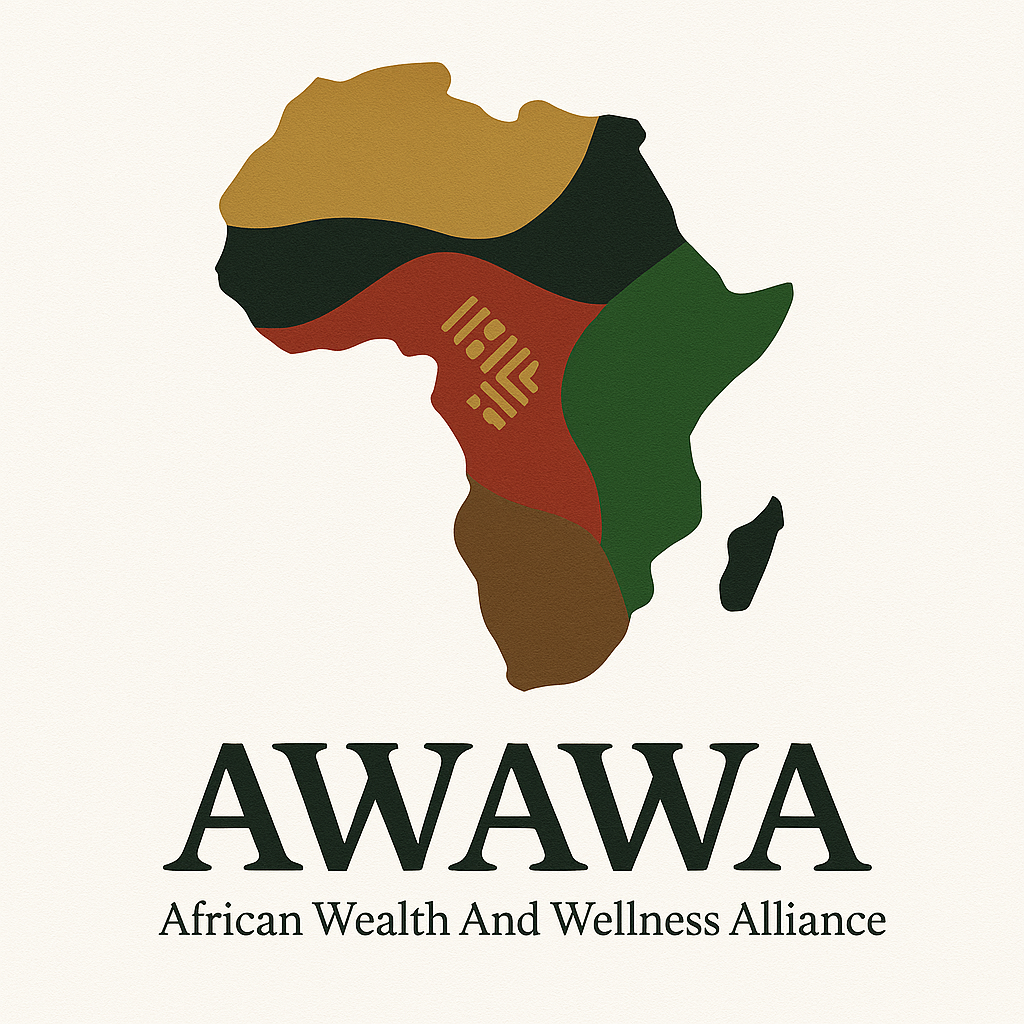The Legacy of Slavery: A Devastating History
Africa's journey through history has been profoundly scarred by centuries of exploitation and human trafficking, rooted in the transatlantic slave trade, the Arab slave trade, and internal systems of servitude. These interconnected events decimated communities, fractured cultures, and disrupted the social, political, and economic evolution of entire regions. Their consequences reverberate to this day, forming the foundation of many of the systemic challenges faced across the continent.
Transatlantic Slave Trade: Theft of Generations
From the 15th to the 19th centuries, European colonial powers forcefully removed between 12 and 15 million Africans from their homelands. This massive exodus represented an incalculable loss of human capital. Entire generations of potential leaders, scientists, scholars, artists, and laborers were stolen and shipped across the Atlantic under brutal and inhumane conditions.
This organized kidnapping and commodification of African people fueled the rise of European empires and financed the Industrial Revolution. While European cities flourished, African societies were plunged into violence, fragmentation, and regression. The resulting void in leadership and talent left many African states vulnerable to internal strife, foreign manipulation, and long-term underdevelopment.
Arab Slave Trade: A Silenced Wound
Less often acknowledged but equally devastating, the Arab slave trade predated the transatlantic slave trade by centuries and lasted well into the 20th century. In Eastern and Northern Africa, millions of Africans were subjected to domestic servitude, concubinage, castration, and military conscription. Many were trafficked across the Red Sea, into the Middle East, India, and beyond.
This trade, facilitated by deeply embedded networks and normalized over centuries, left enduring scars in African societies. It undermined family structures, displaced entire communities, and generated intergenerational trauma that remains largely unaddressed. Its legacy continues to affect African-Arab relations and contributes to ongoing forms of discrimination and marginalization in parts of the Islamic world.
Internal Systems of Servitude: Co-opted and Weaponized
It is essential to acknowledge that various forms of servitude existed within African societies before European or Arab intervention. However, these were often tied to specific tribal customs, debt reconciliation, or war outcomes, and were not always hereditary or exploitative in nature. With the arrival of external powers, these localized practices were co-opted, scaled, and monetized into brutal systems of mass exploitation.
Foreign agents and local elites often collaborated in capturing and trading slaves, igniting a cycle of dependency and internal warfare. This weaponization of indigenous structures deepened distrust, exacerbated ethnic divisions, and laid the groundwork for long-term social fragmentation.
Consequences of Slavery: Lasting Trauma and Disempowerment
The compounded impact of these slave systems left Africa in a state of profound disadvantage:
Loss of Human Capital: The forced removal of Africa’s strongest, brightest, and most resilient individuals stunted local development for centuries.
Economic Collapse: Rather than industrializing like Europe, Africa became a continent of extraction—its resources and labor shipped out with little reinvestment.
Political Erosion: Constant slave raids and militarization destroyed traditional governance and spiritual leadership structures.
Social Fragmentation: Families were ripped apart; identities were erased. In many cases, communities turned on one another to survive.
Mental Insecurity: Enforced dependency, colonial indoctrination, and religious reprogramming led to feelings of inferiority, self-doubt, and powerlessness that linger to this day.
This mental insecurity—rooted in trauma and reinforced by systemic oppression—remains one of the most significant obstacles to self-determination. It manifests in the form of internalized racism, poor governance, disunity, and a disconnection from ancestral pride.
Reclaiming Truth, Restoring Power
Sovereign-AWAWA recognizes that healing from this legacy begins with truth-telling, ancestral remembrance, and institutional repair. By documenting and acknowledging the full spectrum of historical trauma, we create space for conscious healing and collective advancement.
The restoration of Africa's wealth, dignity, and global standing must encompass reparative policies, educational reform, and economic systems grounded in justice and prosperity. This is not merely a historical correction—it is a moral imperative for all who believe in freedom and human worth.
Africa’s future cannot be built upon the foundations of trauma. It must arise from a deep reconnection to ancestral resilience, cultural brilliance, and spiritual sovereignty.
Only then can we say with conviction: Never again.
